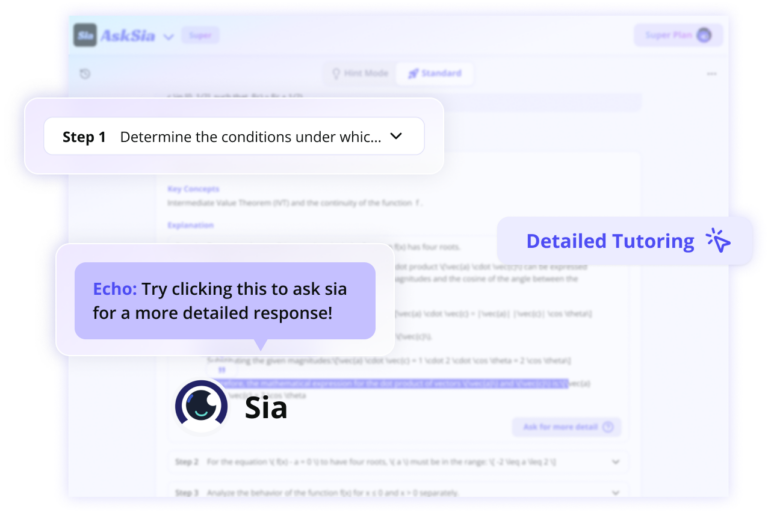A Heat Transfer Tutor can provide personalized assistance in several ways. They can offer one-on-one explanations of complex concepts, help with homework and assignments, provide practice problems, and offer exam preparation strategies. This targeted support can significantly improve your understanding and performance in the subject.
A Heat Transfer Tutor typically covers a wide range of topics. These include one-dimensional heat conduction, multidimensional steady conduction, unsteady heat conduction, principles of convection, forced and free convection, radiation, heat transfer with phase changes, and heat exchangers. They can also assist with related subjects like thermodynamics and fluid mechanics.
The cost of Heat Transfer tutoring varies. Typically, it ranges from $25 to $60 per hour, depending on the tutor’s experience, qualifications, and the complexity of the material. Some platforms offer more affordable options, while highly experienced tutors or those with advanced degrees may charge higher rates.
Yes, you can get help with Heat Transfer homework and assignments. Many tutors offer homework help services, providing step-by-step solutions and explanations for your assignments. This can help you understand the problem-solving process and improve your skills in tackling similar questions in the future.
Yes, online Heat Transfer tutoring sessions can be highly effective. They offer flexibility in scheduling, access to a wider pool of tutors, and often include features like screen sharing and virtual whiteboards. These tools allow for interactive learning experiences that can be just as engaging and productive as in-person sessions.
The frequency of sessions depends on your individual needs. Some students benefit from weekly sessions to stay on top of coursework, while others may only need occasional help with specific topics or exam preparation. Discuss your goals and current understanding with your tutor to determine the best schedule for your learning needs.
Yes, many Heat Transfer Tutors can assist with advanced or graduate-level courses. Look for tutors with advanced degrees in mechanical engineering or related fields, or those with specific experience in graduate-level heat transfer topics. These tutors can provide in-depth assistance with complex problems and advanced theoretical concepts.











